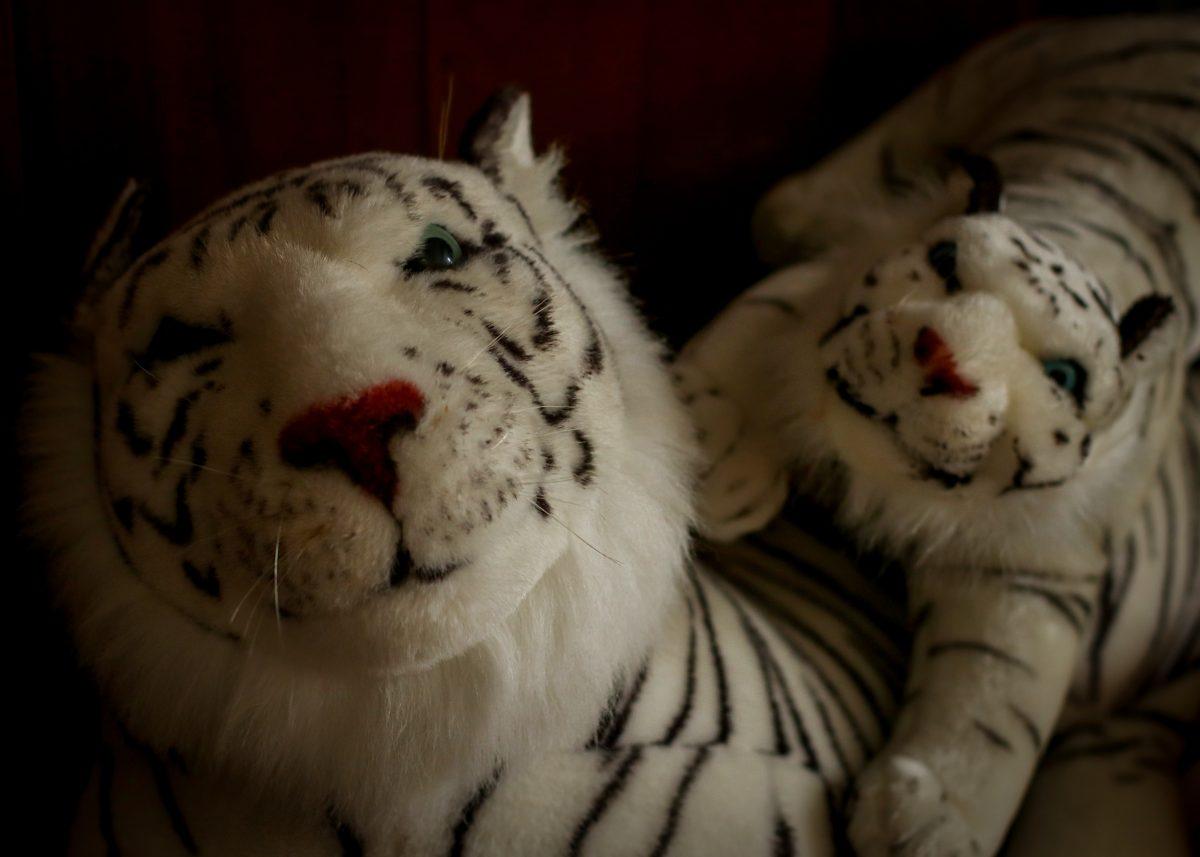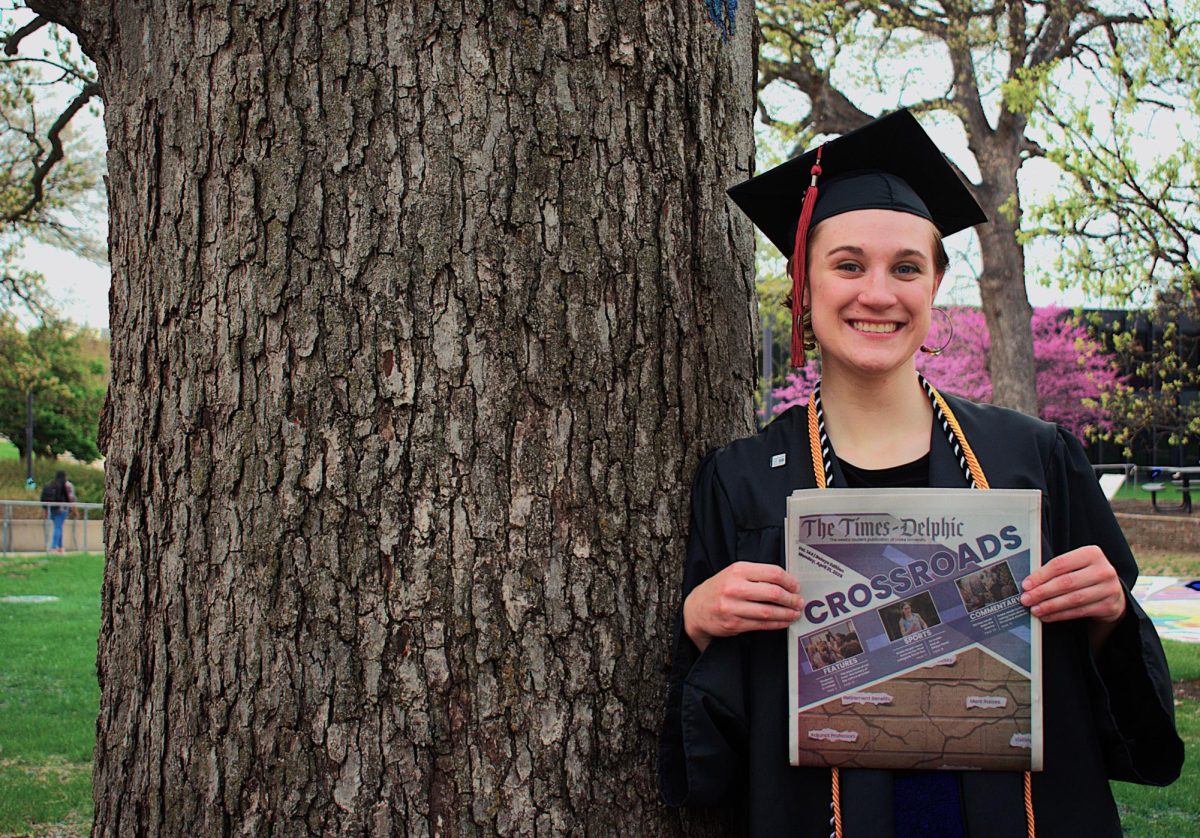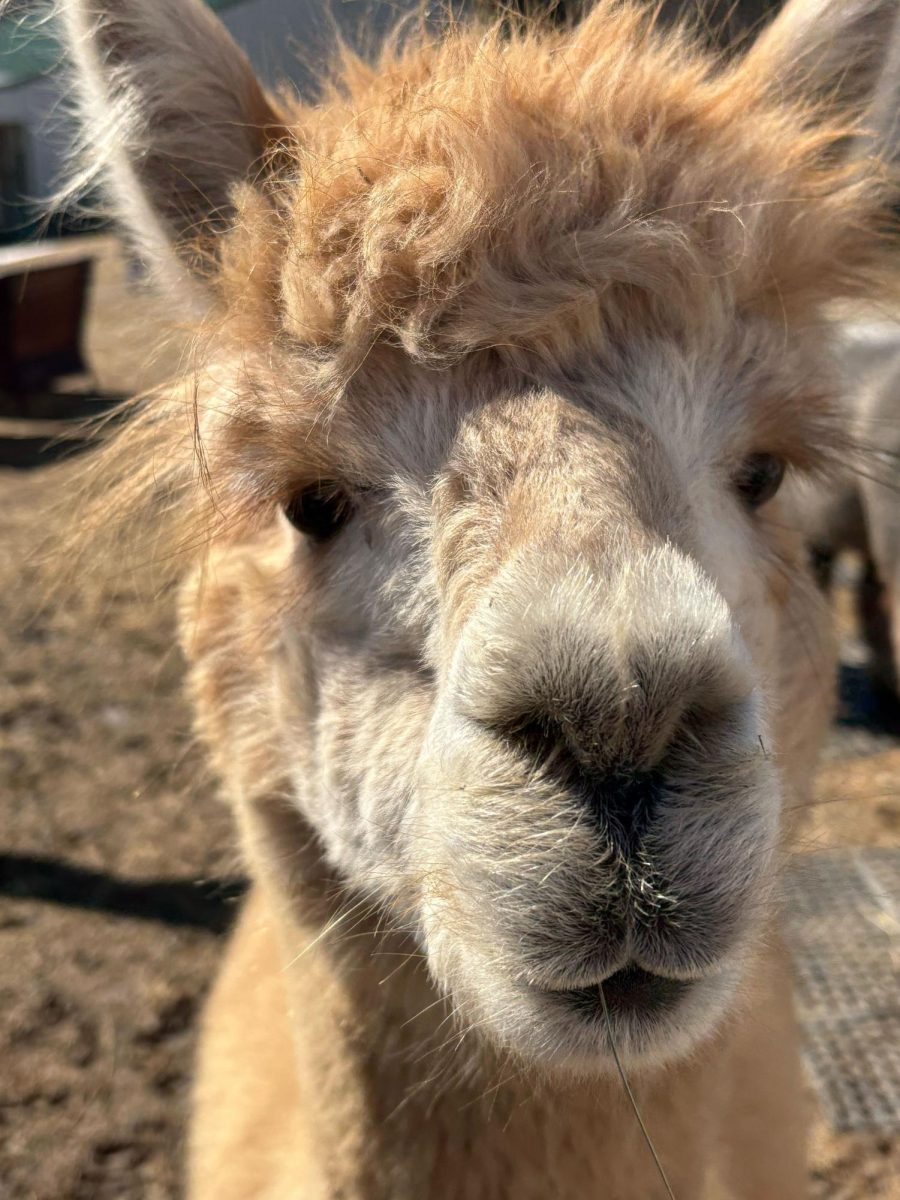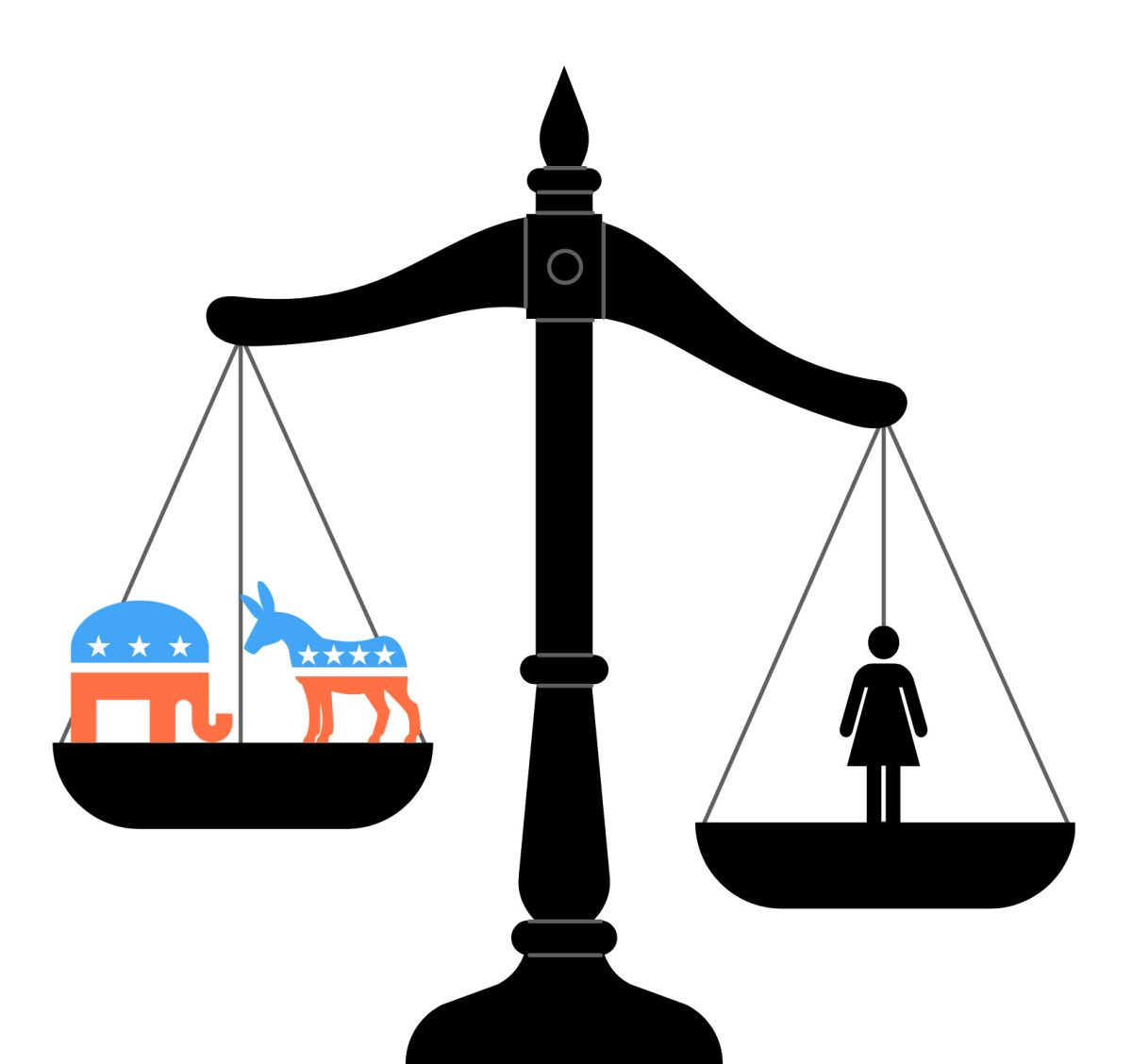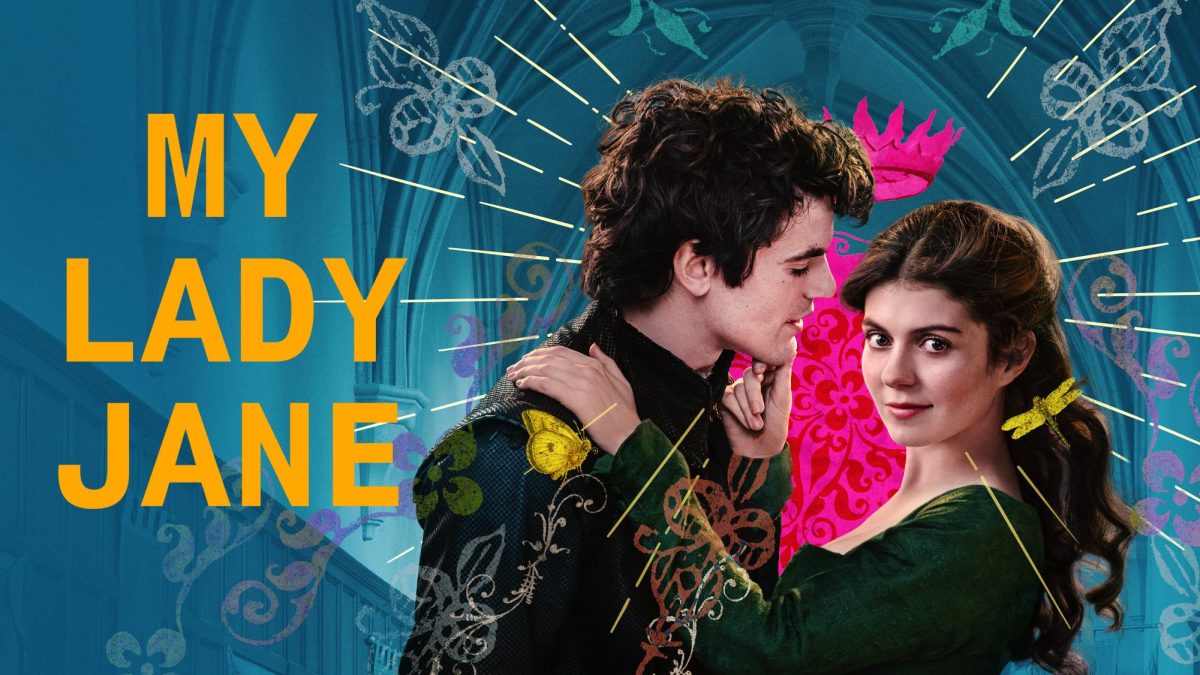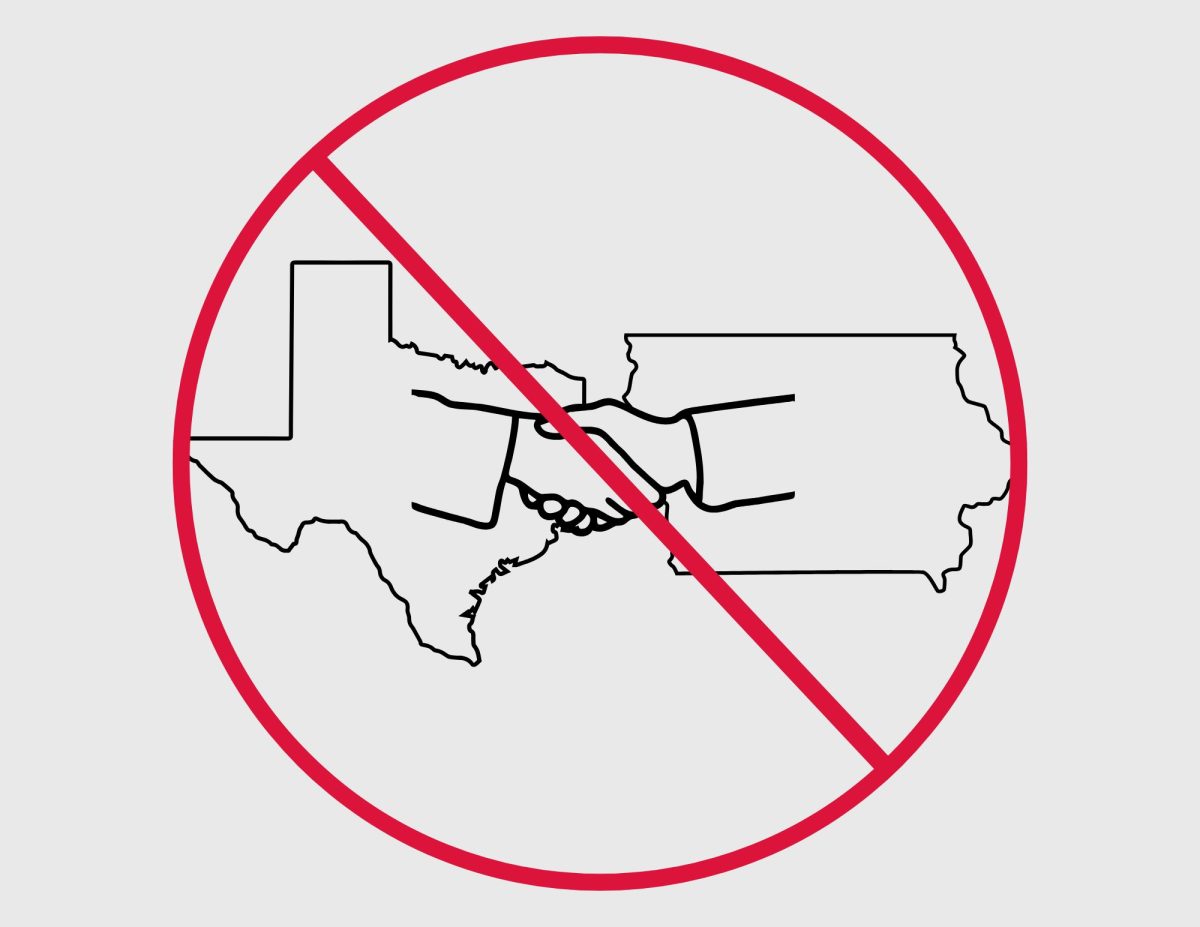by GRACE HULIN
Before I had watched the new Tiger King series on Netflix, the internet had already convinced me and countless others that Joe Exotic was an icon and a tiger-whisperer and Carole Baskin was the evil lady who killed her husband. However, the sad truth is that the series glosses over Joe Exotic’s exploitation of endangered tigers for personal gain.
As a student in the Zoo and Conservation program at Drake, I couldn’t look past the treatment of the tigers at the facilities shown in the series. But mostly, I was appalled that there seemed to be no acknowledgment of the wellbeing of the tigers from the majority of people.
I reached out to other students in the program and found that they had similar concerns about the series.
Kali Wilson said that from her perspective as a sophomore in the Zoo and Conservation, “I could immediately see that the animals in the show were not given proper care, but to someone who knows nothing about animal rights, I don’t think it was very obvious that Joe was in the wrong.”
Maddie Weinrich, a sophomore in the program, agreed and said by filming from the perspective of Joe Exotic the series tends to leave people – including herself – to see Joe as a victim.
Wilson said, “it saddens me to see people defending [Joe] on social media, because that means that the most important takeaway was completely lost for most viewers.”
Junior Haley Holmes said that she feels the producers were acting irresponsibly by misleading the public and leaving out the non-flashy truth about roadside zoos like Joe Exotic’s.
Michael Renner, the head of the Zoo and Conservation program at Drake, said the docuseries barely shows the lucrative side of Joe Exotic’s tiger breeding and selling. Renner said that it’s no coincidence there are always baby tigers at the right age for a photoshoot. Joe has a steady stream of tigers being born and sold, without regulation. The exact number of tigers owned in the U.S. isn’t even known.
“As much as you may love animals, and as much as you think your admission fee is helping these animals, when you visit such places, you’re supporting the perpetuation of cruelty and illegal animal trade,” Renner said.
Holmes said she also feels that the public is acting irresponsibly taking everything said in this one documentary as hard facts and not doing their own research.
She said that people claiming that Carole Baskin and Joe Exotic are treating animals as bad should look into the Association of Zoos and Aquariums (AZA) and their guidelines for animal care. She said that while Joe breeds and sells tigers and treats them like pets, Carole rescues the cats from people like Joe and treats them in a way that respects their wild nature.
The AZA is a non-profit organization that is dedicated to ensuring the proper care of animals in zoos and aquariums as well as promoting conservation, education, and science. According to Renner, who has experience with multiple AZA accredited facilities, none of the facilities shown in the series would come close to qualifying for AZA accreditation.
Weinrich said, “overall, I hope people start to understand the risk of illegal trade and how poorly these wild animals are treated.”

